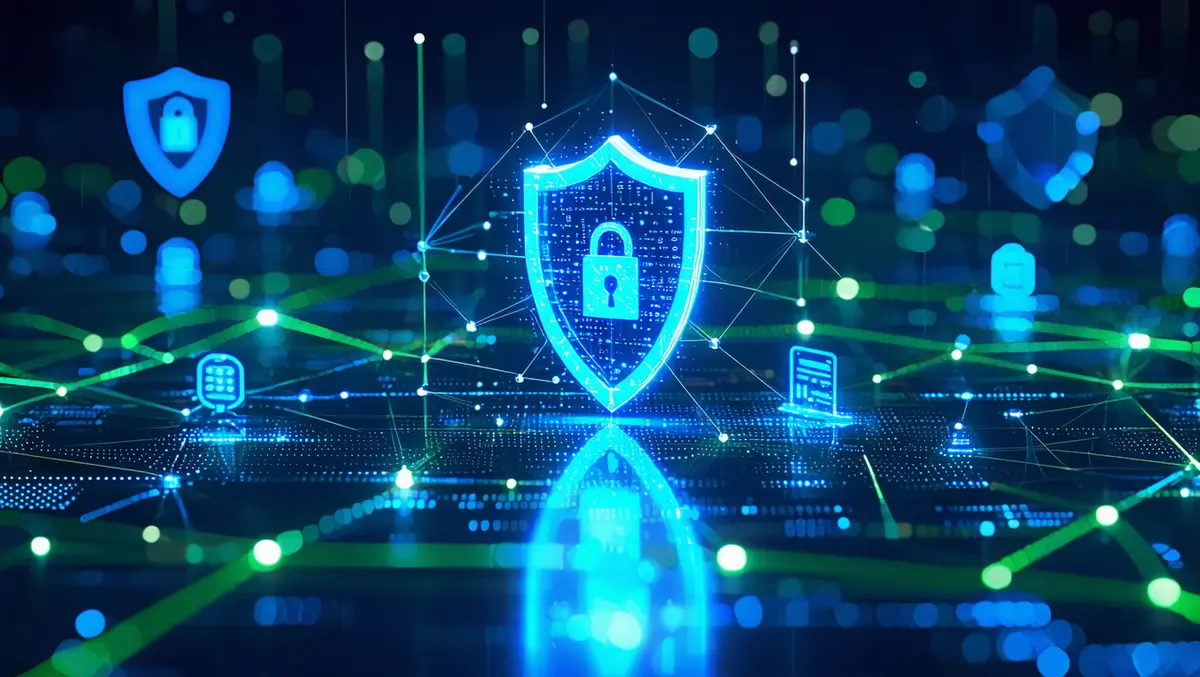
TCS unveils 2025 cybersecurity focus areas & strategies
Tata Consultancy Services (TCS) has announced its 2025 Cybersecurity Outlook, highlighting key areas where organisations should focus to navigate evolving cyber threats.
As industries continue adopting next-generation technologies, new and complex cybersecurity threats are emerging. TCS experts have identified seven critical areas that will drive cybersecurity strategies and assist organisations in prioritising their security investments for 2025.
Ganesa Subramanian Vaikuntam, Global Head of Cybersecurity at TCS, stated, "With geopolitical shifts and evolving technology, global cybersecurity is undergoing a major transformation. GenAI is enhancing operational efficiencies, but organisations must equip themselves to counteract cyber threats. It is imperative for organisations to harness these advancements and implement GenAI-powered threat detection and response systems to stay ahead of the curve. In this era of evolving technologies, a robust and proactive cyber resilience strategy is not just an option, but a necessity for enterprises to effectively navigate and mitigate unforeseen cyber incidents."
Generative artificial intelligence (GenAI) will play a significant role in cybersecurity in 2025. While GenAI is improving operational efficiency, it is also utilised by cybercriminals for sophisticated attacks, including deepfakes, phishing, and data manipulation. Organisations are advised to employ GenAI-powered systems for threat detection and response to counteract these threats effectively.
Cloud security remains a crucial concern as more businesses adopt cloud computing. Implementing strong security protocols, such as encryption and continuous monitoring, is essential. There is a particular emphasis on maintaining proper cloud configurations to prevent unauthorised access and breaches, especially for companies transitioning to multi-cloud or hybrid environments.
Supply chain resilience will be a strategic priority for maintaining operational integrity amid changing geopolitical conditions. Organisations are encouraged to develop proactive strategies to adjust their supply networks while safeguarding sensitive data and ensuring regulatory compliance.
With emerging business models driven by digital technologies, organisations are emphasised to be secure by design. This need extends to IoT devices used in various sectors such as EV charging and autonomous vehicles, necessitating stronger device hardening and secure communication channels.
The transition to Cybersecurity Mesh Architecture will support the move to Zero Trust security models, which involve continuous authentication and limited access to minimise cyber threats. Most large enterprises are expected to adopt zero-trust approaches by 2026, using integrated platforms for more effective cybersecurity orchestration.
Chief Security Officers (CSOs) are likely to adopt an "automation-first" strategy in Managed Detection and Response (MDR) operations. Modern MDR incorporates multiple security components, and an automated approach will be crucial for defending against emerging technologies like GenAI and quantum computing.
Emphasising cyber resilience as a core business principle is essential. This involves revisiting fundamental practices such as regular backups, detailed incident response plans, and continuity measures to prepare effectively for unexpected cyber incidents.
TCS, known for its comprehensive cybersecurity offerings, leverages its global network to provide tailored security solutions across various domains, helping enterprises worldwide enhance their security posture and protect their digital assets. With over 16,000 cybersecurity professionals and more than 15 delivery centres globally, TCS supports over 600 enterprises in securing their operations across diverse geographies.


